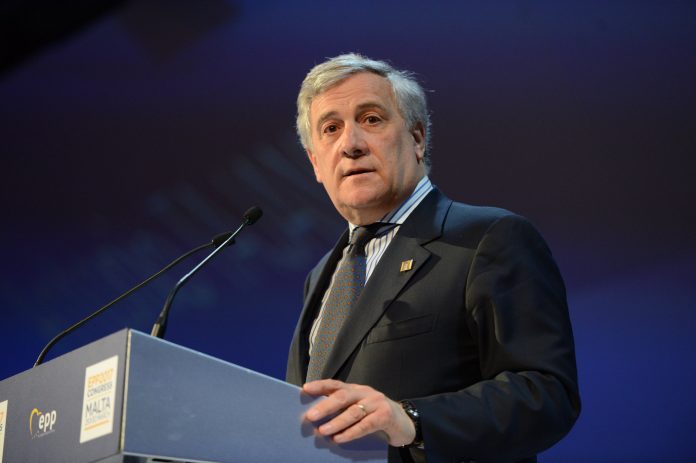The European Parliament has backed a motion that recognised the Brexit talks had advanced sufficiently and that the next phase of negotiations should start. But the MEPs were also critical of Britain’s lead negotiator David Davis.
The European Commission had recommended last week that leaders approve the start of trade talks.
As reported by the Reuters news agency, the European Parliament will have to approve any Brexit deal, although its motion on December 13, backed by 556 votes for to 62 against, was not binding.
The EU’s Brexit negotiator Michel Barnier told lawmakers the next phase of talks would focus on a “short and defined” transition period and initial discussions on a future relationship. Future talks, he said, would be no less difficult.
“They are tough, very tough because the issues are extremely complicated and because the consequences of Brexit are very serious,” he said, adding that British Prime Minister Theresa May was “courageous” and deserved respect.
Barnier stressed that Britain could not renege on commitments made to ensure the talks moved on.
According to Reuters, the agreement presented in a joint report last week was, in the view of some in Brussels, undermined by Davis’ comment that it was more “a statement of intent” than legally binding. Davis has subsequently said he wants the accord swiftly translated into a legal text.
“We will not accept any going back on this joint report. This progress has been agreed and will be rapidly translated into a withdrawal accord that is legally binding in all three areas and on some others that remain to be negotiated,” Barnier said.
Meanwhile, European Parliament President Antonio Tajani said he was “optimistic” about the second phase. “We have to ensure that the joint report presented last week is fully and faithfully translated into the wording of the Exit Treaty. No discussions on future relations will take place if the principles contained are not implemented.
“Achieving ‘sufficient progress’ does not mean that all problems have been solved either,” he added.
As for the European Parliament’s resolution passed on December 13, Tajani said it details the latest concerns.
“We will closely follow, in particular, issues concerning citizens’ rights – including the administrative procedure established in the UK to protect their special status – and the solution proposed for the Northern Ireland issue,” he said.

